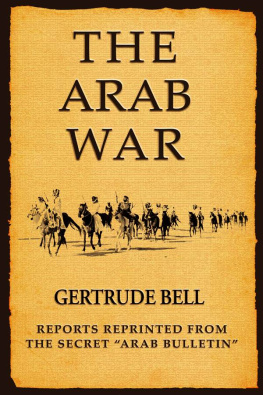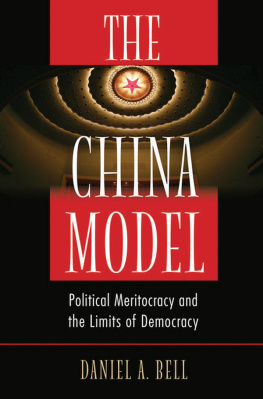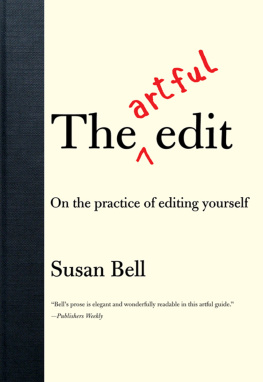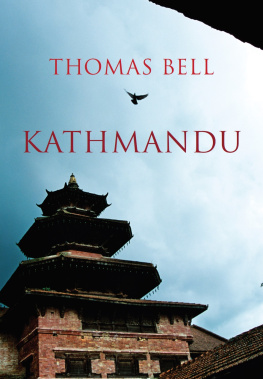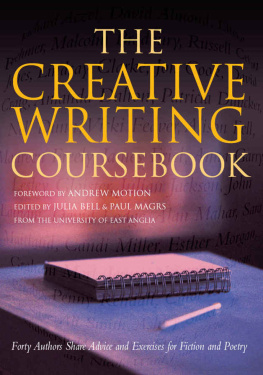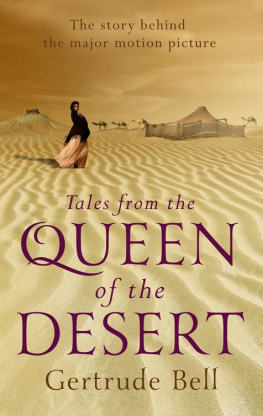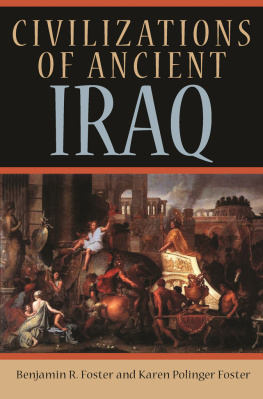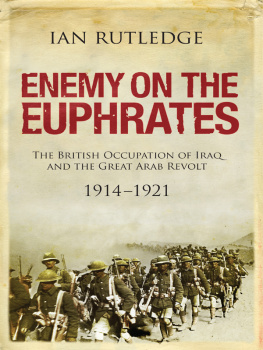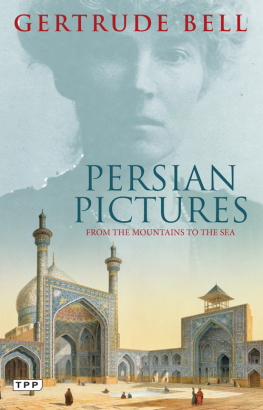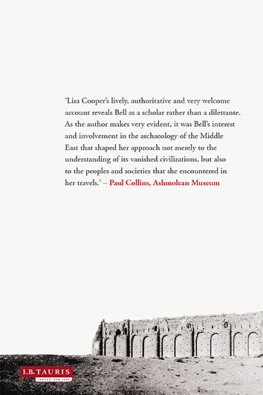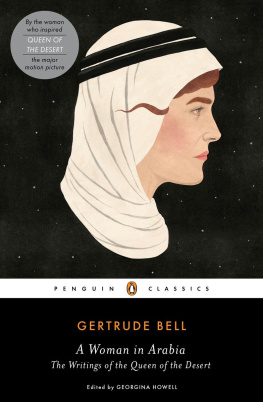Bell - The Arab War
Here you can read online Bell - The Arab War full text of the book (entire story) in english for free. Download pdf and epub, get meaning, cover and reviews about this ebook. year: 2012, genre: Art. Description of the work, (preface) as well as reviews are available. Best literature library LitArk.com created for fans of good reading and offers a wide selection of genres:
Romance novel
Science fiction
Adventure
Detective
Science
History
Home and family
Prose
Art
Politics
Computer
Non-fiction
Religion
Business
Children
Humor
Choose a favorite category and find really read worthwhile books. Enjoy immersion in the world of imagination, feel the emotions of the characters or learn something new for yourself, make an fascinating discovery.
The Arab War: summary, description and annotation
We offer to read an annotation, description, summary or preface (depends on what the author of the book "The Arab War" wrote himself). If you haven't found the necessary information about the book — write in the comments, we will try to find it.
The Arab War — read online for free the complete book (whole text) full work
Below is the text of the book, divided by pages. System saving the place of the last page read, allows you to conveniently read the book "The Arab War" online for free, without having to search again every time where you left off. Put a bookmark, and you can go to the page where you finished reading at any time.
Font size:
Interval:
Bookmark:
THE ARAB WAR
Gertrude Bell
Reports reprinted from
the secret Arab Bulletin
CONTENTS:
Gertrude Bell, writer, traveller, political officer, archaeologist and cartographer, was one of the most remarkable women to emerge from post-Victorian England. As the daughter of a wealthy, well-connected family, she grew up politically aware and accustomed to the company of articulate, well-educated parliamentarians, diplomats and intellectuals. She enrolled at Oxford University at age 17 and two years later graduated with a first class honors degree in history, the first woman to ever graduate from Oxford.
In 1892, she visited her uncle Sir Frank Lascelles, British minister to Iran, at his residence in Tehran. This began her lifelong fascination with the Near East and for the next 15 years she visited most of the major cities of the Levant developing her linguistic abilities she was fluent in Arabic, Persian, French and German and conversant in Italian and Turkish and learning the meticulous discipline of archaeology. In 1909, she traveled to Mesopotamia where she visited the Hittite city of Carchemish and mapped the ruins of Ukhaidir before going to Babylon and the Shia holy city of Najaf. Back in Carchemish, she consulted with the two archaeologists on site, one of whom was the young scholar T. E. Lawrence . In 1913 she made an adventurous journey to Hail in Northern Arabia where after a series of difficulties she met and visited with Ibn Rashid, the chieftain of the powerful Shammar tribe. She wrote several books about her travels and adventures that enhanced her reputation as a Middle Eastern expert and a singular woman with practical knowledge of the Near East.
At the beginning of World War I she requested to serve the British government as a Middle Eastern advisor, her offer was spurned, so she volunteered with the Red Cross in France. With the failure of the invasion of Gallipoli, the British government turned to the strategy of instigating an Arab revolt to engage the Turks in the Near East. To this end the Arab Bureau was formed in Cairo under the command of General Gilbert Clayton and the direct supervision of Lieutenant Commander David Hogarth, the renowned professor of archaeology and history at Oxford. In late 1915 Bell was recruited to rejoin her fellow Arabist and archaeologist T.E. Lawrence to begin the development of a comprehensive profile of the regions leading personalities, and important tribes along with their affiliations and customs.
Six months later Bell was rushed to Basra to advise Percy Cox, the Chief Political Officer of Mesopotamia, on the British advance to Bagdad over terrain she knew better than any serving British officer. She drafted maps that were instrumental in the safe passage of the Imperial forces to Bagdad which fell to the British on March 10, 1917. In recognition of her contribution she was named the only female British political officer and officially given the title of Oriental Secretary.
Her other duties in Basra included submitting reports to the Arab Bulletin, the intelligence summary published by the Arab Bureau in Cairo, concerning the various events and personalities of the eastern Arab theater that she considered important to the war against the Turks. These reports comprise The Arab War .
To quote her superior officer Lord Kinahan Cornwallis, They [the reports] made no attempt to give a connected account of how the war was moving in her area, but each was complete in itself, whether it described a system, an individual, or a phase in tribal history. She wrote them as an official for official purposes, but officialdom could never spoil the freshness and vividness of her style or the terseness of her descriptions. Throughout them all can be seen the breadth of her knowledge, and her sympathy and understanding for the people whom she loved so well. It is good that they have been recovered from the oblivion of the Arab Bulletin and it seems a great pity that more of the reports which she wrote during the years when she was in Iraq cannot be unearthed from the dusty file cupboards where they must still be reposing.
After the war, in 1921, Bell, Cox and Lawrence were invited by Churchill to attend a conference in Cairo to determine the boundaries of the British mandate and the new countries of Transjordan and Iraq. Throughout the conference, she and Lawrence successfully advocated for the establishment of constitutional monarchies in the two countries with the sons of Sharif Hussein of Mecca, Abdullah and Faisal, as kings.
She resided in Bagdad where she devoted herself to advising the new King Faisal and creating the Iraqi Archaeological Museum . She has been called the mother of modern Iraq and until her death on July 12, 1926 she served on the Iraq British High Commission advisory group.
She was an extraordinary woman who lived a fascinating life, there are many excellent books about her life and times among them Janet Wallachs Desert Queen and Georgina Howells Gertrude Bell, Queen of the Desert, Shaper of Nations .
NO COUNTRY WHICH TURNED TO THE EYE OF THE WORLD an appearance of established rule and centralized Government was, to a greater extent than the Ottoman Empire, a land of make-believe. On paper, every co-efficient of sovereignty, every process of administration, could be found in its proper place, with its fitting attributes and its staff, from Pasha to Gendarme, all with suitable emoluments clearly set down and activities defined. In due course the satisfactory results of the exertions of these worthies would be chronicled, the taxes they had collected, the fines they had exacted, the roads they had drawn across mountain and desert, the provincial and municipal labours which they had punctually performed. On paper, but for the meticulous inquisitor who could carry his researches further than the written pages, parade the shadowy personnel, count out the money bags, or journey along the airy structure of the Sultans highways, disillusion was at hand. And he who, without being guilty of incautious curiosity, was forced by circumstances to test the relations that existed between documentary evidence la Turque and the hard facts of the Ottoman Empire, was apt to find himself lost in bewildered annoyance, not unaccompanied by uncontrollable hilarity annoyance when his progress was brought to a standstill by unbridged torrents or the rifle shots of the local magnate whom paper ordinances were not strong enough to check, hilarity when the neighbouring Vali expatiated to him on the benefits which had resulted to the land from his own forethought (under God), in regard to the adequate provision of bridges, or the Commandant assured him solemnly that every part of the wilderness was covered by the dove-like wings of the Sultans peace.
That the Turkish Empire should have run at all was, at a hasty appreciation, a matter for marvel, but increased familiarity furnished a clue to a part at least of the problem. It ran, not on the paper ordinances, but on unwritten laws, unrecorded provisions of Government, habits of command and of obedience inherited from a remote past and applicable to an immediate present, which was not so very dissimilar from the past; it was founded, not on the power and efficiency of Vali and Commandant, but on the authority of village headman, tribal sheikh and local saiyid . Outside the narrow circle of the towns the official mechanism was set aside, while more efficacious, if more ancient, methods of procedure were adopted, and over a great part of Asiatic Turkey the executive lay in the hands of men who had no part in the make-believe.
But since the final basis of genuine administration was to a large extent independent of Ottoman officials, it will remain undisturbed if from any specified part of the empire those officials should disappear. The power of sheikh or headman was derived neither from the Sultan, nor yet from the Constitution, nor can it fall with them. It is deeply rooted in the daily life of the people and, with wise supervision, will form for several generations to come the staple of law and order. Indeed, it should form the groundwork of all government until the time when developed facilities of communication and a wider circle of enlightenment shall lead by a natural growth to such measure of centralization as is profitable. It is safe to predict that it will be a centralization very different from that which the Committee of Union and Progress sought to impose upon the inchoate agglomeration of creeds and races, which in the course of six years they dragged into two ruinous wars. The material which lies to the hand of those who may be called upon to undertake the supreme task of creating prosperity in rich lands, which have lain derelict for over half a millennium, can scarcely be demonstrated more clearly than in the domain of judicial administration.
Font size:
Interval:
Bookmark:
Similar books «The Arab War»
Look at similar books to The Arab War. We have selected literature similar in name and meaning in the hope of providing readers with more options to find new, interesting, not yet read works.
Discussion, reviews of the book The Arab War and just readers' own opinions. Leave your comments, write what you think about the work, its meaning or the main characters. Specify what exactly you liked and what you didn't like, and why you think so.

